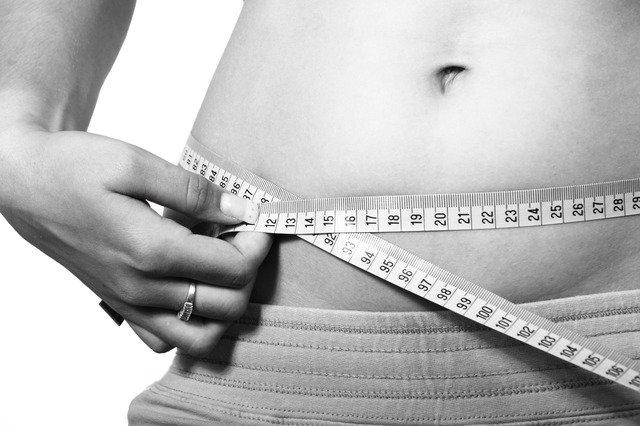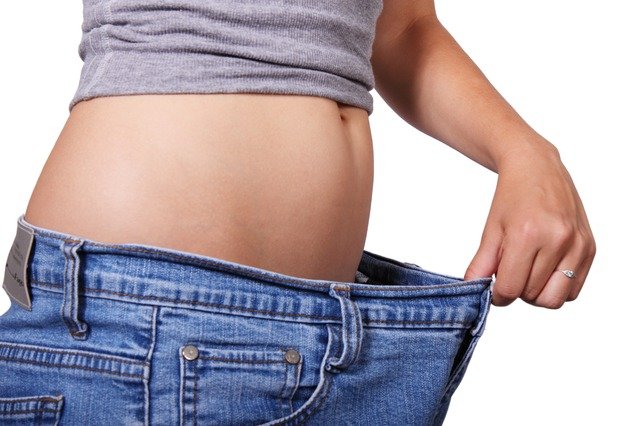What a No-Carb Diet Can Do To You
A lot of people are into weight-loss regimens. Food supplements, liposuction, and of course, weight-loss diets. One very well-known method is to simply eat less. It makes sense – the less food put into your body, the less weight you can gain. But that isn't appealing to many people. Eating less will only make them more hungry, so the consequence will be eating more soon enough. It defeats the purpose.

Another alternative is a No-Carb Diet.
This diet is based on a principle in biochemistry. In order to understand this, let's have a look at the three main nutrients derived from food: carbohydrates (carbs), fats, and proteins. All three can be used by the body (metabolised) to produce energy. There's also a hierarchy of energy resources: carbohydrates are primary, fats are secondary, and proteins are tertiary. What this means is that as long as there are carbohydrates, fats and proteins stay put; only carbohydrates will be metabolised for energy. If carbohydrates run out, fats will be used. And if fats run out as well, that's the only time when proteins will be used for energy.
Since it's commonly thought that to lose weight, one must burn fats, this is what the no-carb diet hopes to achieve. By starving the body of carbohydrates, it will be forced to metabolise excess fats. In turn, this will bring a person's weight down.
But this diet is missing something very important.
If you guessed carbohydrates, then you are absolutely right. Carbs are an essential energy source for the body. This is especially true of the brain, whose preferred source of energy is glucose (a type of simple carbohydrate). Though it's not all bad.
Whenever you are starved or fasting, the body begins to break down fats and enters a state called ketosis. The metabolism of fats has one byproduct – ketones, from which the word "ketosis" comes. They are produced in the liver when fats are metabolised, and take on three forms:

Image from Cartwright et. al1
Ketone bodies can be useful as an energy source when the body does not have enough carbohydrates. The brain, muscles, and other tissues can use these guys for energy if the supply of carbs runs low1.
Ketosis is not bad in itself. In fact, there is even a diet that is based on this principle, called the keto diet. It comprises high-fat, high-protein, low-carb meal plans, which force the body into a state of ketosis. But it does have some unpleasant side effects.
Negative side effects of ketosis
In the short term, ketosis can cause the following symptoms2.
Dehydration – the body's fluid balance is upset as it prepares to enter a state of ketosis
Fatigue – as the body's carbohydrate reserves are depleted, your body has no ready source of energy
Bad breath – the acetone produced during ketosis can lead to an unpleasant smell of your breath
Slow thinking, dizziness – as the brain is deprived of its main energy source, you'll feel these side effects
Cravings – because the body is scrambling for an energy source, you would feel as if you want to eat more
These are temporary, though, so they are normal for anyone just starting a keto diet. They should go away after a few days. However, for some people, the unpleasantness of these side effects is a big discouragement to continue on with a keto diet.

Is a keto diet actually safe?
It is. In fact, it can be a good idea for overweight and obese individuals. Thing is, it isn't for everyone. For some, the unpleasant side effects outweigh the benefits, while for others it's the opposite.
The only important thing to remember is this: carbs are still important. Never take them out completely from your diet. And if you're starting to go into a keto diet, reduce your intake of carbs gradually rather than suddenly. This can ease the nasty symptoms of your body entering into ketosis.
One thing is certain, though. Don't bother adopting a "no-carb" diet. It's unhealthy and potentially harmful.
References
[1] Cartwright, Martina M., Waddah Hajja, Sofian Al-Khatib, Maryam Hazeghazam, Dharmashree Sreedhar, Rebecca Na Li, Edna Wong-McKinstry, and Richard W. Carlson. "Toxigenic and metabolic causes of ketosis and ketoacidotic syndromes." Critical care clinics 28, no. 4 (2012): 601-631.
[2] Side effects of a ketogenic diet: https://www.diabetes.co.uk/keto/side-effects-of-ketogenic-diet.html
good post
A lot of studies have proved that the above statement is patently wrong. For example:
Glucose is actually not a preferred source but convenient. Other cells, like the heart muscle cells, preferred acetoacetate (ketone bodies) over glucose for a stable energy supply.
I see. Thanks for pointing that out. I had the idea when I was reading further that the brain actually was not being "starved" when carbohydrate supplies are low. This sheds a lot of light on my misconception. Thanks @conficker
✅ @thefakebrit, I gave you an upvote on your post!
If you are interested in claiming free Byteballs ($10+), just for having a Steem account, please visit this post for instructions: https://steemit.com/steem/@berniesanders/do-you-want-some-free-byteballs
Congratulations @thefakebrit! You have completed the following achievement on the Steem blockchain and have been rewarded with new badge(s) :
Click on the badge to view your Board of Honor.
If you no longer want to receive notifications, reply to this comment with the word
STOP